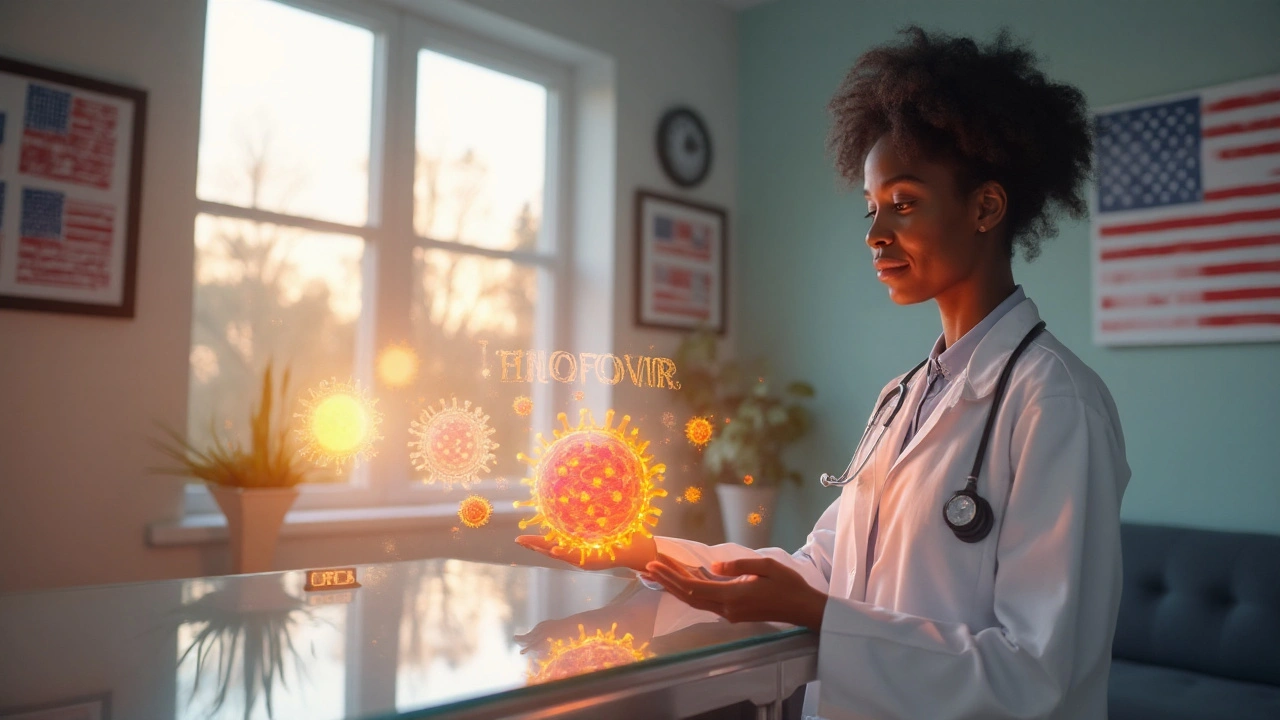Renal Toxicity: What You Need to Know
Did you know a single medication can harm your kidneys if you’re not careful? Renal toxicity is the medical term for kidney damage caused by drugs, chemicals, or even supplements. Understanding the why, how, and what‑to‑do can keep you from ending up with a painful problem down the line.
Common Causes of Renal Toxicity
Most people think of kidney disease as something that shows up years later, but many prescriptions can start the damage early. Common culprits include non‑steroidal anti‑inflammatory drugs (NSAIDs), certain antibiotics like aminoglycosides, chemotherapy agents, and even over‑the‑counter herbal extracts. When these substances are taken at high doses or for too long, they can strain the filtering units inside your kidneys.
Other risk factors are just as important. Dehydration, pre‑existing kidney issues, high blood pressure, and diabetes make the kidneys more vulnerable. If you’re juggling several meds, the chance of a harmful interaction rises dramatically.
How to Protect Your Kidneys When Taking Medication
First, always follow the dosage calculator that matches your body weight. Bodyweight‑based dosing is a core feature on Bodyweight Fitting, and it helps you avoid accidental overdoses that can trigger toxicity.
Second, stay hydrated. Drinking enough water dilutes the concentration of the drug in your bloodstream, giving your kidneys a better chance to filter it safely. Aim for at least 2‑3 liters a day unless your doctor tells you otherwise.
Third, keep an eye on warning signs. Foamy urine, swelling in your ankles, sudden fatigue, or a change in how often you pee can all hint at kidney stress. If any of these show up, call your healthcare provider right away.
Fourth, use the drug‑interaction alerts on our site before you start a new medication or supplement. A simple check can reveal hidden combos that spike toxicity risk, such as mixing NSAIDs with certain diuretics.
Fifth, schedule regular lab tests if you’re on high‑risk drugs. Blood creatinine and eGFR measurements let your doctor spot early kidney injury before symptoms appear.
Finally, discuss alternatives with your doctor. Sometimes a different class of drug offers the same benefit with less kidney strain. For example, acetaminophen can be a safer pain reliever for people with mild kidney issues.
Renal toxicity isn’t inevitable. By staying informed, using weight‑based dosing, staying hydrated, and checking interactions, you can protect your kidneys while still getting the treatment you need.
Looking for more details? Browse the articles under the renal toxicity tag – you’ll find clear guides on specific drugs, dosage calculators, and step‑by‑step safety checklists. Our evidence‑based approach makes it easy to understand how body weight and health factors influence therapy.
Remember, your kidneys work 24/7 to clean your blood. Treat them with the same respect you give any other vital organ, and you’ll avoid unnecessary damage while staying healthy.
- September 22 2025
- 9 Comments
- Daryl Gardner
Tenofovir Basics: Complete Guide to Uses, Forms, and Safety
Learn everything about Tenofovir - how it works, the difference between TDF and TAF, its role in HIV and HepatitisB treatment, and how to manage side‑effects.
- Health & Medicine (141)
- Health & Nutrition (8)
- Caregiving & Dementia (2)
- Health & Wellness (2)
- Environment & Climate (1)
Categories
- February 2026 (11)
- January 2026 (24)
- December 2025 (27)
- November 2025 (22)
- October 2025 (27)
- September 2025 (38)
- August 2025 (5)
- July 2025 (4)
Archives
- side effects
- generic drugs
- medication safety
- medication side effects
- medication adherence
- dosage
- online pharmacy
- gut health
- generic substitution
- safety and side effects
- natural antioxidant
- coping strategies
- hypertension
- drug interactions
- immunosuppressants
- mental health
- MedWatch
- drug safety
- NTI drugs
- narrow therapeutic index
